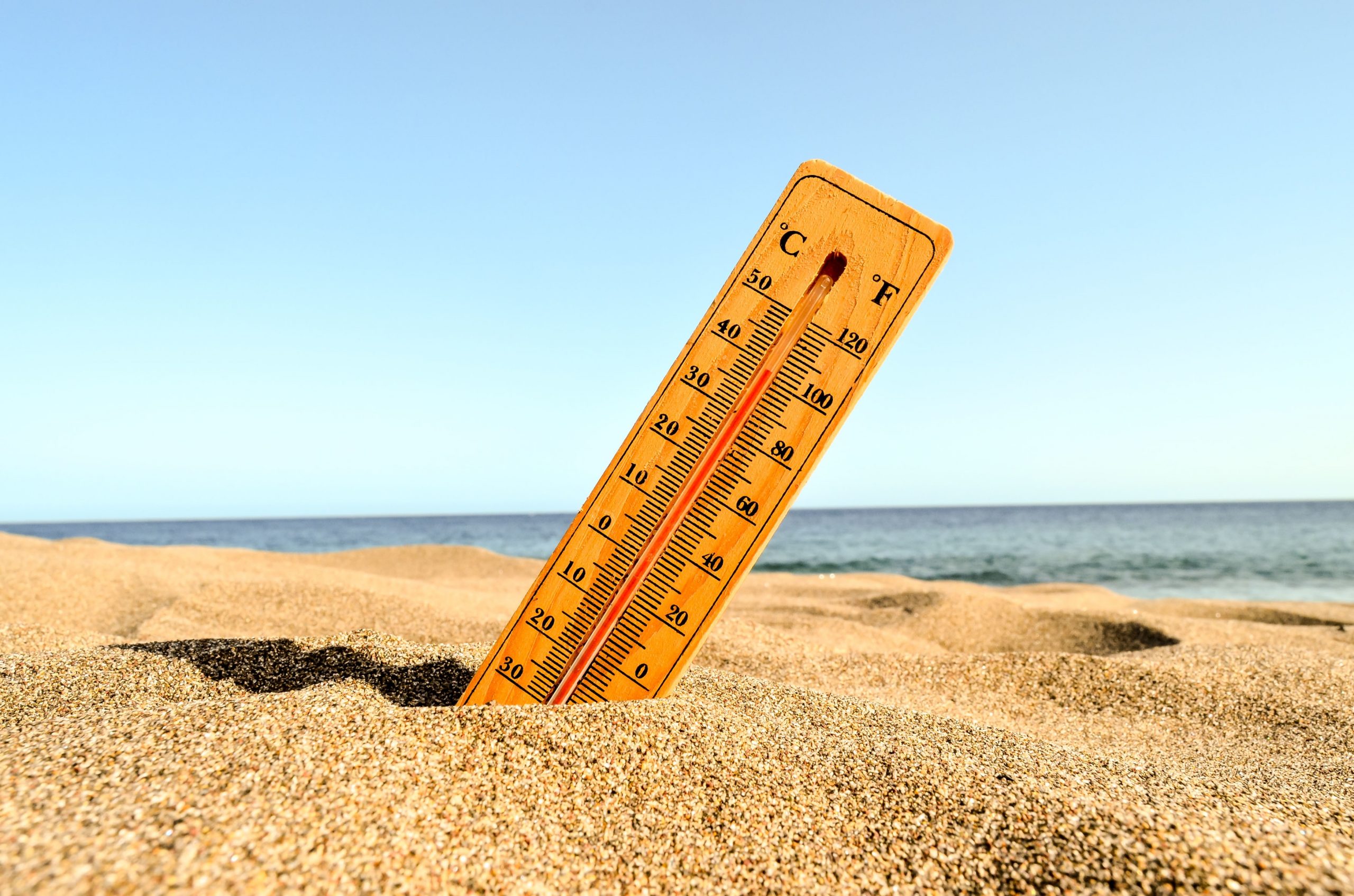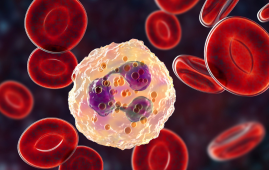

This summer’s extreme heat is having an emotional and physical impact on individuals around the country. While heat can irritate anyone, the effects can be far-reaching, especially for those suffering from mental illnesses. A psychiatrist at Baylor College of Medicine describes how heat affects mental health.
Excessive heat alters emotions and behavior, causing feelings of rage, impatience, aggression, discomfort, stress, and exhaustion. Heat modifies such behaviors through influencing serotonin, the major neurotransmitter that regulates your mood, resulting in lower amounts of happy or joy and higher levels of tension and weariness.
People with prior diseases and those who use substances such as alcohol are among the most vulnerable populations when it comes to heat and mental health. Serotonin levels will rise in people who are already stressed, angry, or anxious. People who use substances, particularly alcohol, must stay hydrated. Using substances in conjunction with heat necessitates even more hydration.
“All mental illnesses increase with heat because it results in more fatigue, irritability and anxiety, and it can exacerbate depressive episodes,” said Dr. Asim Shah, professor and executive vice chair in the Menninger Department of Psychiatry and Behavioral Sciences at Baylor.
Irritability, low motivation, aggressive conduct, and occasionally mental blurring are all symptoms of heat harming mental health. In the worst-case scenario, it might lead to confusion and disorientation. While escaping the heat may be impossible, Shah advises drinking with electrolytes and wearing a hat while heading outside. Pour some water on your head to cool yourself, and attempt to do things in the shade. If you regularly take walks outside, bring them inside by going through a mall or a huge facility with air conditioning.
If you take drugs, check with your doctor before combining them with severe heat. Some mental health drugs, such as lithium for bipolar patients, may not be compatible with heat. Because lithium passes through the kidney, its levels change as you sweat more.
“If you are out in the heat and using lithium, levels may fluctuate. In that scenario, we have to be very careful and either adjust the dosage of lithium or avoid heat,” he said.
Climate change, particularly droughts and significant temperature swings, can have a negative impact on air quality by increasing pollutants and allergens. These aggravate mental health conditions such as depression, anxiety, or PTSD. According to certain research, being exposed to any natural climate calamity increases the likelihood of depression by more than 30%, anxiety by 70%, and both by more than 87%.
“Children are a vulnerable population due to their physical and cognitive immaturity. They are exposed to more pollutants and allergens as they spend more time outdoors,” Shah said.
more recommended stories
 Can Ketogenic Diets Help PCOS? Meta-Analysis Insights
Can Ketogenic Diets Help PCOS? Meta-Analysis InsightsKey Takeaways (Quick Summary) A Clinical.
 Ancient HHV-6 Genomes Confirm Iron Age Viral Integration
Ancient HHV-6 Genomes Confirm Iron Age Viral IntegrationKey Takeaways for HCPs Scientists reconstructed.
 Fat-Regulating Enzyme Offers New Target for Obesity
Fat-Regulating Enzyme Offers New Target for ObesityKey Highlights (Quick Summary) Researchers identified.
 Gestational Diabetes Risk Identified by Blood Metabolites
Gestational Diabetes Risk Identified by Blood MetabolitesKey Takeaways (Quick Summary for Clinicians).
 Pelvic Floor Disorders: Treatable Yet Often Ignored
Pelvic Floor Disorders: Treatable Yet Often IgnoredKey Takeaways (Quick Summary) Pelvic floor.
 Circadian Control of Neutrophils in Myocardial Infarction
Circadian Control of Neutrophils in Myocardial InfarctionKey Takeaways for HCPs Neutrophil activity.
 E-Cigarette Use and Heart Attack Risk in Former Smokers
E-Cigarette Use and Heart Attack Risk in Former SmokersKey Takeaways for Clinicians and Nurses.
 Ultramarathon Physiology: What HCPs Should Know?
Ultramarathon Physiology: What HCPs Should Know?Ultramarathon Metabolism: What Happens to the.
 High-Intensity Training and Oxidative Stress Insights
High-Intensity Training and Oxidative Stress InsightsNew Evidence Linking High-Intensity Training and.
 Sterilized Fermented Beverage for Obesity: New Evidence
Sterilized Fermented Beverage for Obesity: New EvidenceEarly Insights Into a Sterilized Fermented.

Leave a Comment